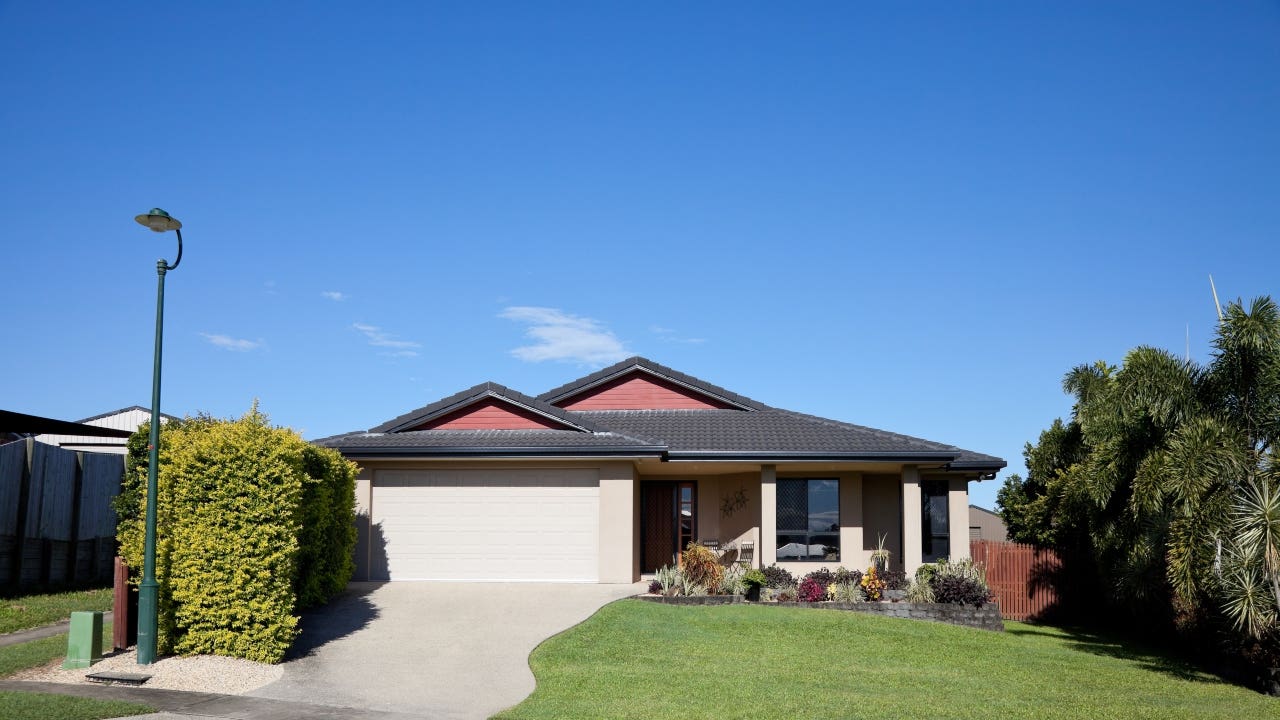As a first-time homebuyer, it’s essential to approach the process with careful financial planning. At Rajul Shah Realtors, we understand the importance of budgeting for your first home. In this blog, we’ll provide you with valuable insights and expert advice on how to create a budget that aligns with your homeownership goals. Let’s dive in!
Assess Your Financial Situation
Begin by assessing your current financial situation. Calculate your monthly income, including salaries, bonuses, and any additional sources of income. Take note of your monthly expenses, such as rent, utilities, groceries, transportation, and debt payments. Understanding your financial position will help you determine how much you can comfortably allocate towards homeownership expenses.
Determine Your Homebuying Budget
Once you have a clear picture of your finances, it’s time to determine your homebuying budget. A general rule of thumb is to aim for a monthly housing cost that doesn’t exceed 30% of your gross monthly income. This includes mortgage payments, property taxes, insurance, and any homeowners association (HOA) fees. Use online mortgage calculators or consult with a mortgage professional to estimate your monthly mortgage payment based on different loan options and interest rates.
Save for a Down Payment
Saving for a down payment is a crucial aspect of budgeting for your first home. The higher the down payment, the lower your loan amount and monthly mortgage payments. Aim to save at least 20% of the home’s purchase price as a down payment to avoid private mortgage insurance (PMI) costs. Start a dedicated savings account and consider automating regular contributions to reach your down payment goal faster.
Account for Closing Costs
In addition to the down payment, it’s essential to account for closing costs when budgeting for your first home. Closing costs typically range from 2% to 5% of the home’s purchase price and include fees for appraisal, inspection, title insurance, attorney fees, and more. Research and consult with your real estate agent to estimate the closing costs in your area and factor them into your budget.
Plan for Home Maintenance and Repairs
Owning a home comes with ongoing maintenance and repair costs. Budget for expenses such as routine maintenance, landscaping, and unexpected repairs. A general guideline is to set aside 1% to 3% of your home’s value annually for maintenance and repairs. Having an emergency fund specifically for home-related expenses will give you peace of mind and help you avoid financial stress down the road.
Consider Future Expenses
When budgeting for your first home, it’s essential to consider future expenses that may arise. Think about your long-term goals, such as starting a family, career growth, or renovations. Plan your budget accordingly to ensure you have the financial flexibility to accommodate these future expenses without straining your finances.
Track Your Expenses
Once you’ve established a budget, it’s crucial to track your expenses and monitor your progress. Utilize budgeting tools or apps to categorize your expenses and identify areas where you can cut back or save more. Regularly reviewing your budget will help you stay on track and make adjustments as needed.

Budgeting for your first home is a vital step towards achieving homeownership. By assessing your financial situation, determining your homebuying budget, saving for a down payment, accounting for closing costs and ongoing expenses, and planning for the future, you’ll be well-prepared to make your dream of owning a home a reality. At Rajul Shah Realtors, we’re here to support you throughout the process, providing expert guidance and personalized solutions. Contact us today and let’s embark on this exciting journey together!
To learn more about budgeting for your first home or to explore available properties in your desired area, contact our experienced team. We’re here to help you find the perfect home that fits your budget and lifestyle.